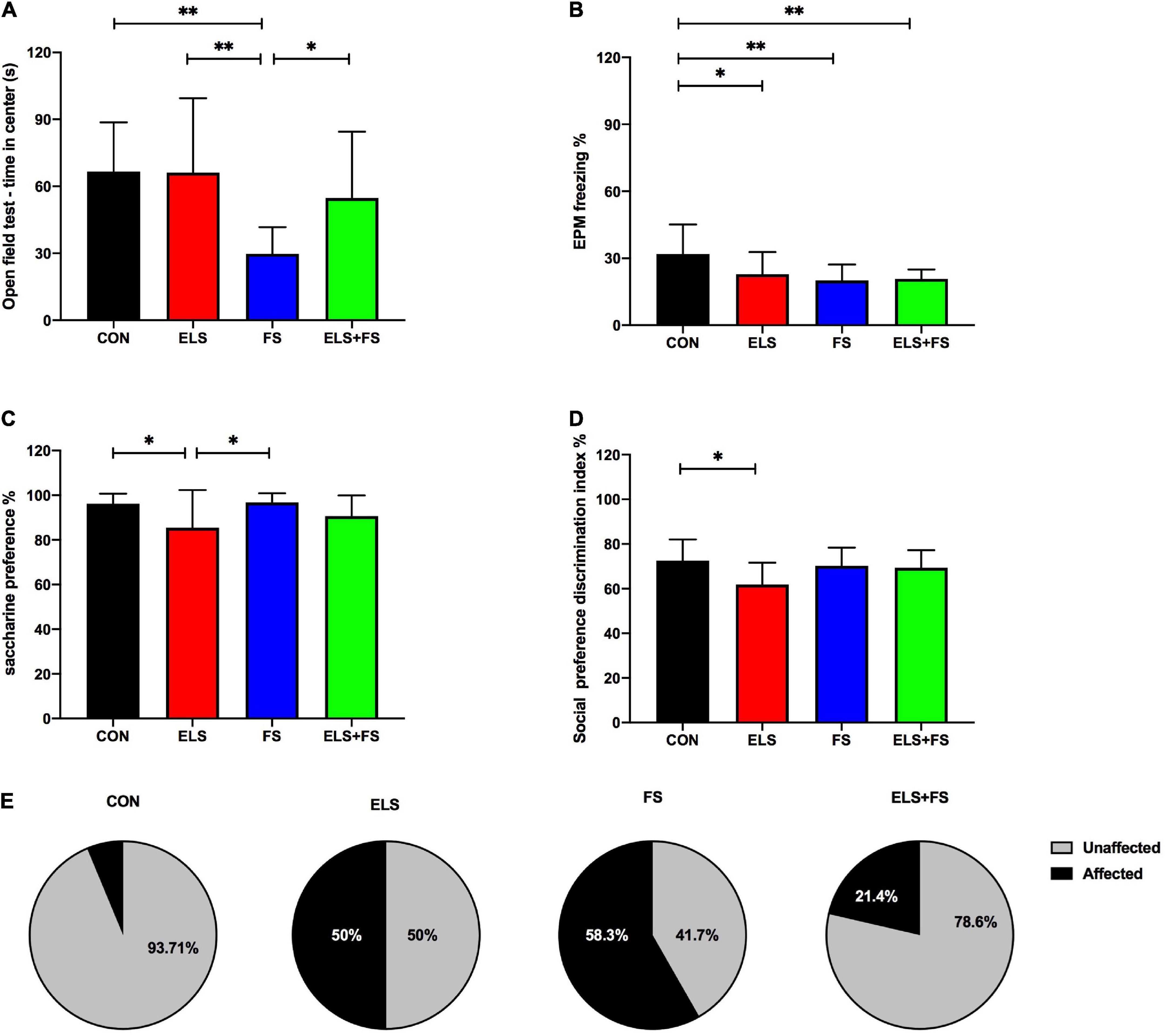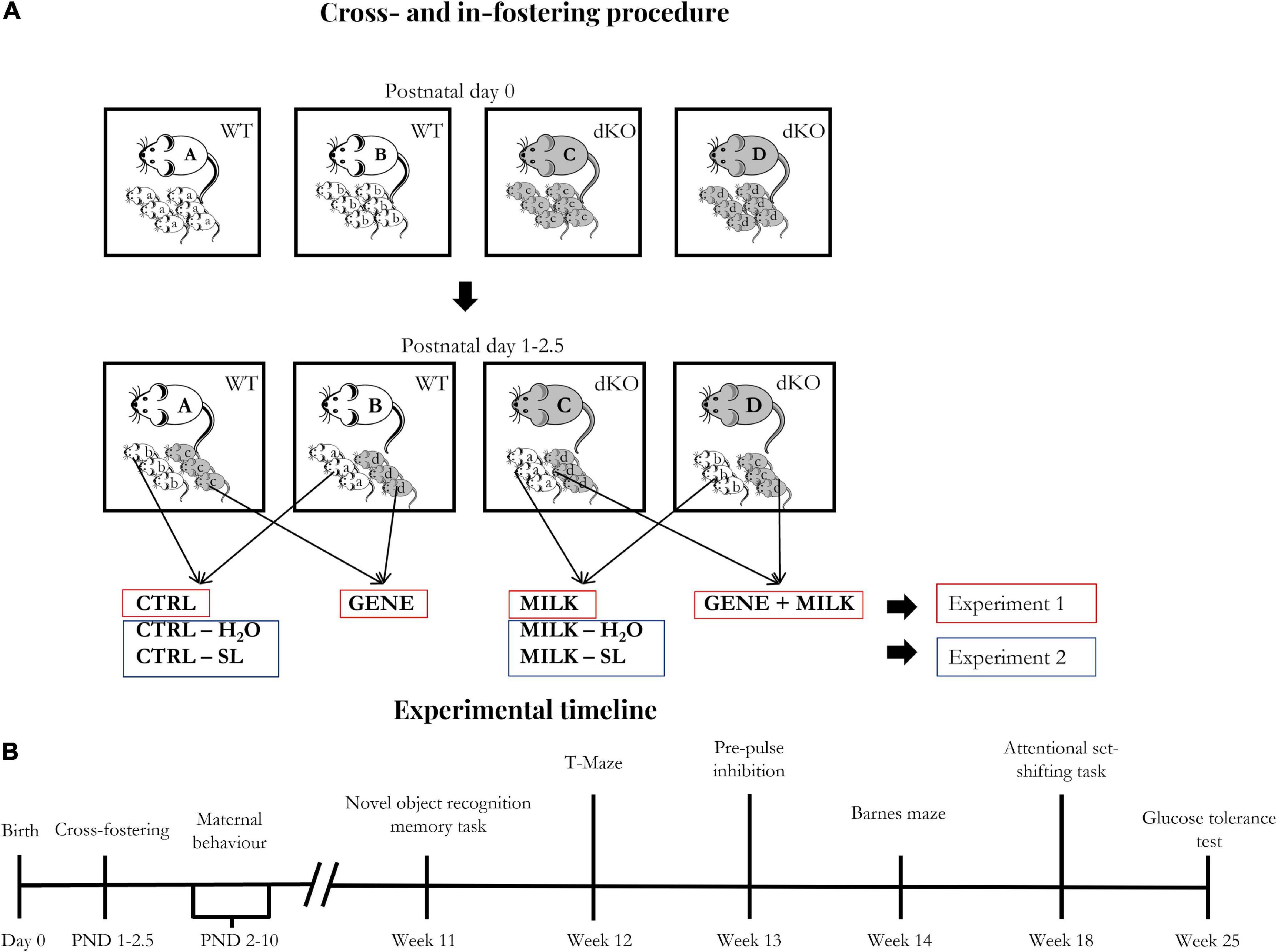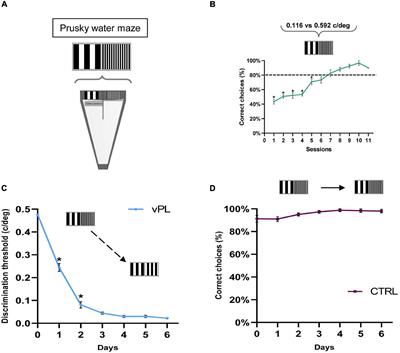EDITORIAL
Published on 20 Apr 2023
Editorial: Long-term effects of early-life manipulations: risks and advantages for neurodevelopment
doi 10.3389/fncel.2023.1193912
- 1,404 views
7,102
Total downloads
27k
Total views and downloads
EDITORIAL
Published on 20 Apr 2023
ORIGINAL RESEARCH
Published on 22 Feb 2023

ORIGINAL RESEARCH
Published on 30 Jan 2023

ORIGINAL RESEARCH
Published on 27 Oct 2022

MINI REVIEW
Published on 04 Aug 2022

ORIGINAL RESEARCH
Published on 26 Apr 2022

MINI REVIEW
Published on 07 Apr 2022

ORIGINAL RESEARCH
Published on 29 Nov 2021

